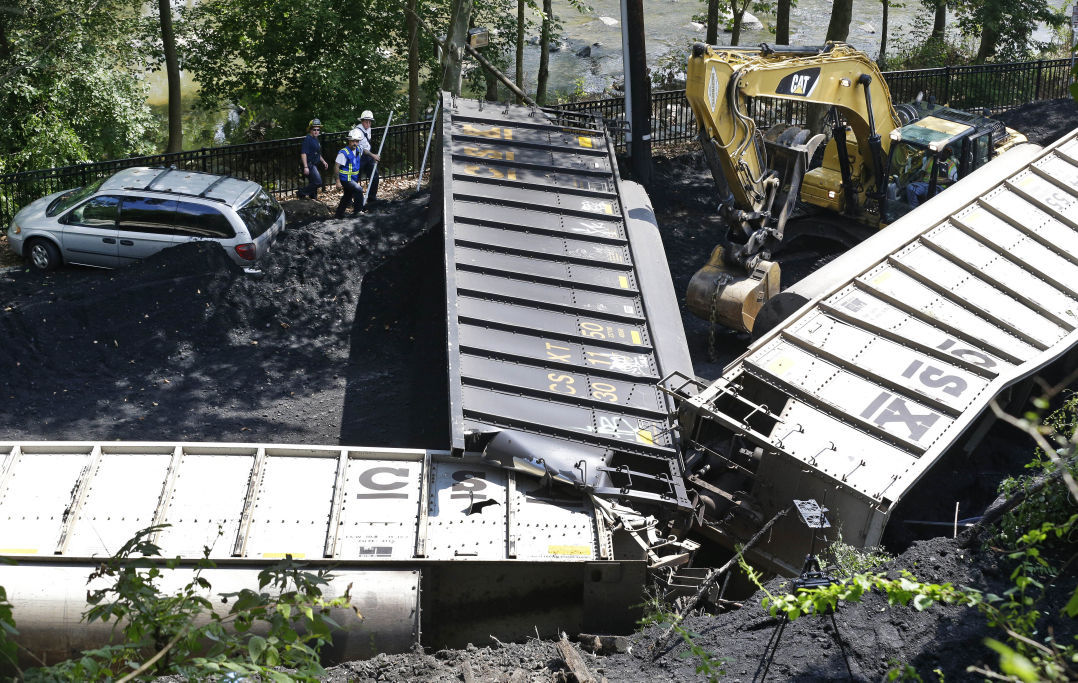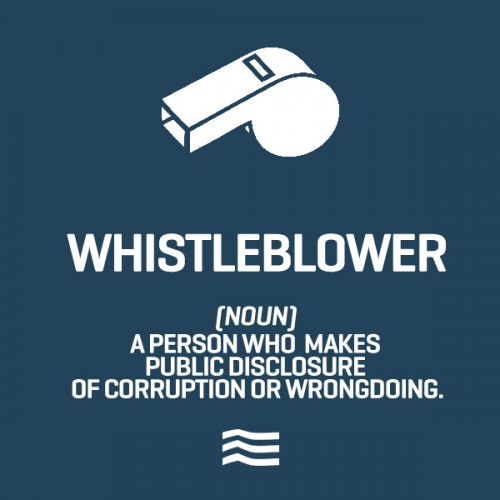July 11, Citizens for a Clean Harbor held a benefit for the Harding Labrie Defense Fund, and raised $135. Thank you to everyone involved!
For background on the case, listen to this radio interview from Your Rights at Work! via Pacifica Radio
Herbert Harris Jr (Brotherhood of Locomotive Engineers &Trainmen) reports on a local fundraiser to support Canadian rail workers being blamed for management’s mistakes in the 2013 Lac Megantic disaster.
Interview begins at 14.40
Our own Donna Albert sang this song for us.
Special thanks go to Fritz Edler of Railroad Workers United, for all his help and insightful discussion via Skype.
The Evidence is in: The Train Crew did not Cause the Lac-Mégantic Tragedy
Music Benefit for Lac-Mégantic Rail Worker Defense a great success!
Over $1700 raised kicking off fund drive for defense of the scapegoated rail workers and fighting for safe rails everywhere.
How many more have to die?
July 6th this year marks four years since a runaway train carrying volatile Bakken crude crashed and burned in the small town of Lac-Mégantic, Quebec, killing 47 and destroying half the town. It’s time to recommit to making sure tragedies like this don’t happen again. It’s also the right time to speak up against the criminal trial beginning September 11th this year, that unfairly and inaccurately hangs the Lac-Mégantic crash on two railroad workers, Tom Harding and Richard Labrie.
Railroad managers push hard to squeeze every dollar they can out of every train run. The Lac-Mégantic train had a dangerous cargo, overlong train, defective equipment, a single crew-member and work rules that cut the margin of safety down to just about zero. The result was a disaster that still impacts the Lac-Mégantic community.
Multiple government safety investigations and independent journalists looked at what happened in Lac-Mégantic and came to the same conclusion. Railroad management policies made this kind of runaway train crash likely to happen sooner or later. Lax government oversight looked the other way until it did.
You would think that four years later there would be stronger safety regulations on every railroad, with extra layers of protection for dangerous cargo. Sadly, this is not the case. Railroad policymakers are still cutting corners and government regulators are still looking the other way. They want people to believe that the big safety problem is a few careless railroad workers. But in Lac-Mégantic, SINCE the wreck, the supposedly safely restored wreck curve has now deteriorated and keeps that community at risk. Everyone there tightens up when a train passes now.
Even after all the reports and exposes, the Canadian and Quebec governments are still not going after the railroad policy makers and their unsafe policies. The managers who made the critical policies will not even get a slap on the wrist. That’s just wrong, and it guarantees that the danger continues. Every year since the crash, the number of reported runaway trains in Canada has increased. That’s a sign of a reckless culture, not the actions of two rail-road workers one night in Quebec.
Whether your main issue is the environment, community safety, rail safety, or worker’s rights, it comes down to stronger government regulations and stronger railroad safety policies, with real community and labor enforcement. The two railroad workers were not the cause of the Lac-Mégantic crash or any of the runaway trains since then. They are not the ones still running trains right through the town of Lac-Mégantic, ignoring the demands of the survivors for a simple rail bypass. The people in Lac-Mégantic know that sending Harding and Labrie to prison won’t address any of their problems with the railroad. But if that happens, you can bet the government will close the book as the official verdict on Lac-Mégantic and railroad management will be standing there with them.
When you hold public commemorations this year, we ask you to make this point your way. Blaming Harding and Labrie for the Lac-Mégantic tragedy weakens all of us and all our causes. So all of us have to speak up.




